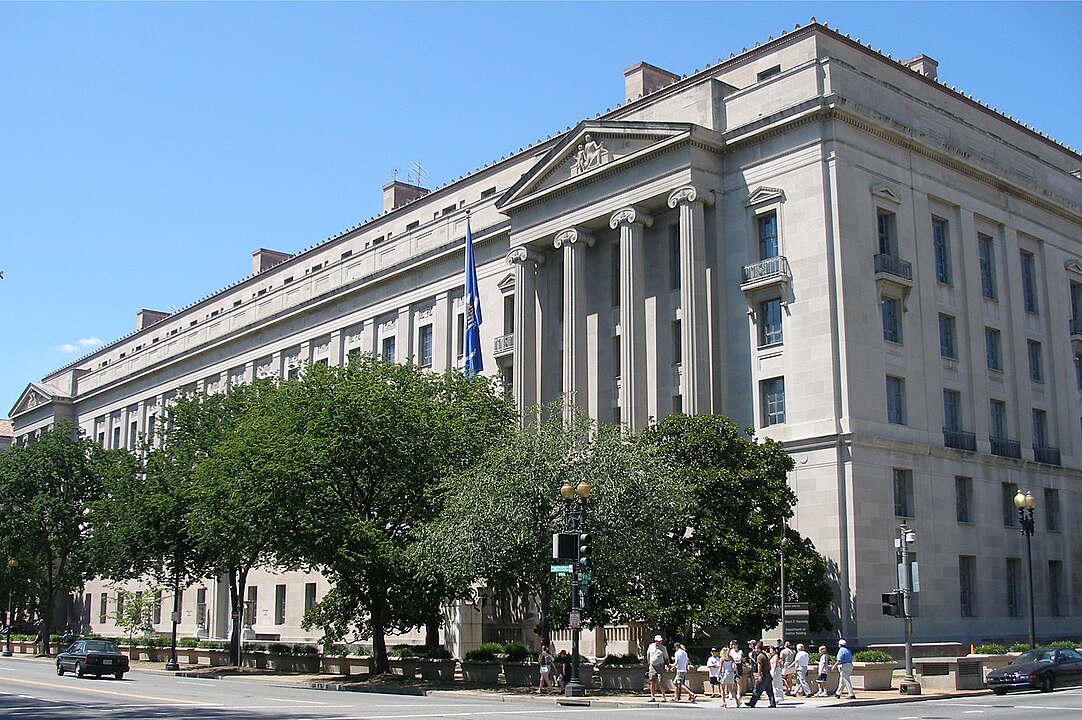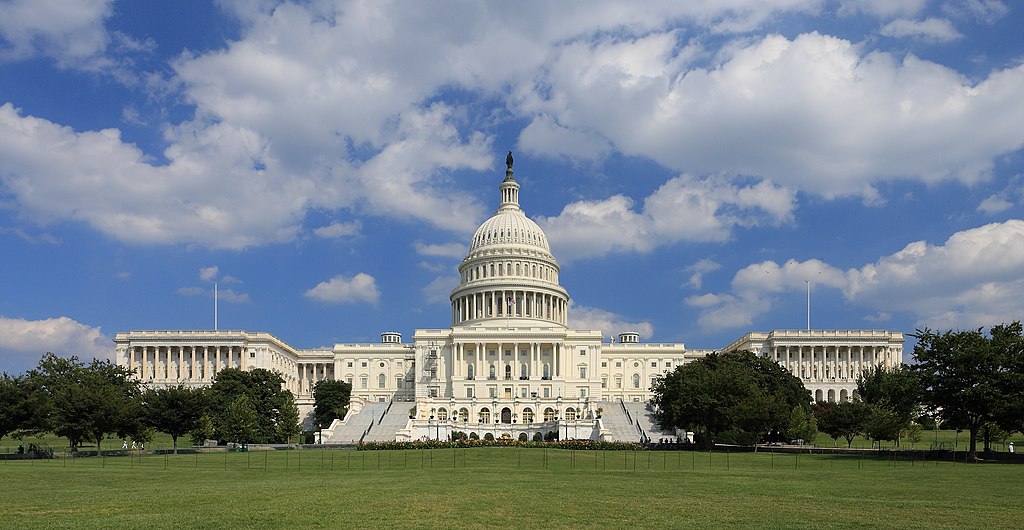The Senate Banking Committee has released a new set of bipartisan principles aimed at shaping comprehensive cryptocurrency legislation in the U.S. Spearheaded by Senators Tim Scott (R-SC), Cynthia Lummis (R-WY), Thom Tillis (R-NC), and Bill Hagerty (R-TN), the framework emphasizes legal clarity, regulatory boundaries, and modernized oversight that fosters innovation while protecting consumers.
“Our top priority must be legal certainty without stifling innovation,” said Senator Tillis, adding that the principles strike a balance between progress and protection. Senator Lummis echoed the urgency, stating that the U.S. is falling behind global leaders like the EU and Singapore in digital asset regulation.
Key components include defining the legal status of digital assets, clarifying regulatory jurisdiction between agencies like the SEC and CFTC, and implementing narrowly focused anti-money laundering measures. The guidelines were announced just before a subcommittee hearing featuring industry leaders from Coinbase and Multicoin Capital, reinforcing bipartisan momentum toward structured crypto regulation.
The announcement follows progress on the Digital Asset Market Clarity Act (H.R. 3633), which passed both the House Financial Services and Agriculture Committees and now moves to a full House vote. The bill would shift crypto oversight from the SEC to the Commodity Futures Trading Commission (CFTC), signaling a potential overhaul of federal crypto governance.
Meanwhile, the Federal Housing Finance Agency is exploring how crypto holdings may influence mortgage applications, reflecting crypto’s growing relevance in traditional finance.
In a separate move, Senator Adam Schiff (D-CA) introduced the COIN Act to prevent presidents and their families from profiting off digital assets during their terms, days after voting for the Trump-backed GENIUS Act, which critics claim does the opposite.
The evolving crypto policy landscape reflects both growing support and mounting scrutiny in Washington.



























Comment 0